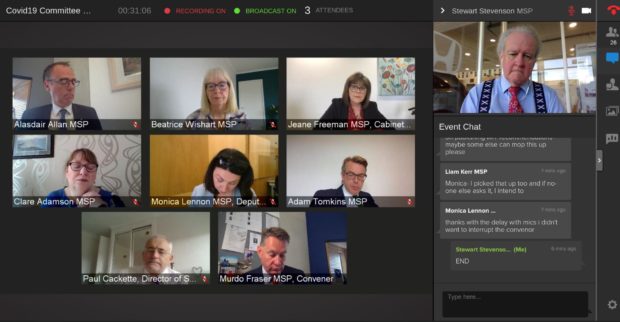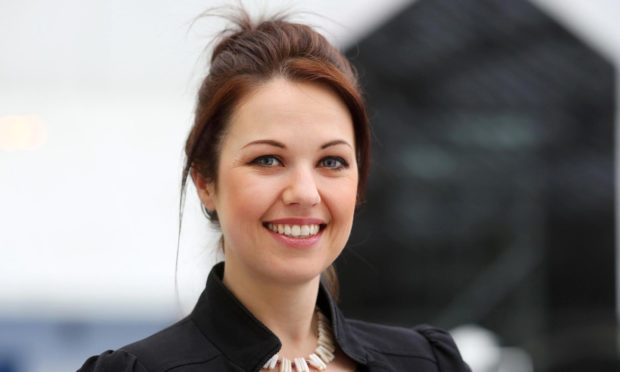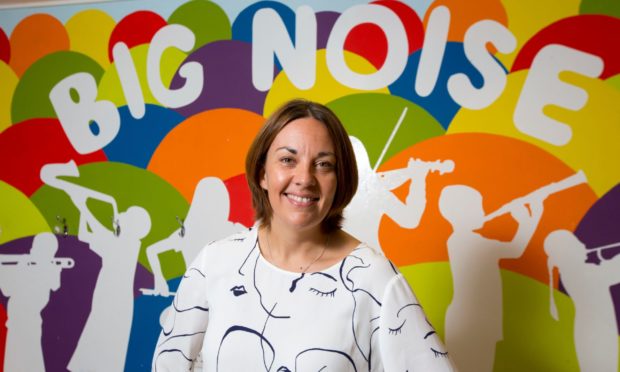A majority of people in the UK believe remote voting and debates should continue at parliament after the pandemic, according to a new poll.
The survey, carried out for the John Smith Centre at Glasgow University, showed that almost two-thirds of people believed it helped rural politicians.
Many MPs and MSPs have been carrying out their duties from their homes after social distancing measures and travel restrictions placed limits on their ability to attend parliament.
It has led to a renewed focus on a debate over the way democratic institutions operate in Scotland and the UK.
Former Caithness, Sutherland and Ross MSP Gail Ross had previously highlighted the “demands” of travelling between Wick and Edinburgh when she announced she was stepping down last year.
The new Message House poll of 2,099 people across the UK found that 51% believed politicians should continue to be able to debate and vote remotely after restrictions are lifted, with 35% saying they should be required to be in parliament to take part.
Nearly two-thirds, or 64%, of those polled thought that remote voting and debating would help those in rural areas get more done.
And 61% said that more women and people with caring responsibilities would be encouraged to stand for parliament as a consequence.
Kezia Dugdale, director of the John Smith Centre, said: “As much as we all crave ‘going back to normal’, we should be asking ourselves and our leaders if that idea of ‘normal’ was really good enough.
“Because it’s not really normal to line up in the ‘aye’ and ‘no’ lobbies of Westminster to cast a vote with your whole body.
“Hours wasted passing legislation packed together like sardines.
“Neither is it normal to demand MSPs travel from Stranraer and Stromness to the Scottish Parliament in Edinburgh to electronically cast a tight budget vote that we now know could be easily done from a distance.”
This new polling shows a desire to keep the new way of working that was brought in as a result of Covid restrictions, particularly if it aids rural representation and increases the chances of parliamentarians looking like the country they seek to represent.”
The former Scottish Labour leader added: “This new polling shows a desire to keep the new way of working that was brought in as a result of Covid restrictions, particularly if it aids rural representation and increases the chances of parliamentarians looking like the country they seek to represent.
“There’s much work to be done to enhance the effectiveness of parliament’s scrutiny functions, but after the year of innovation we’ve had, making the impossible possible, it’s surely within reach.”












